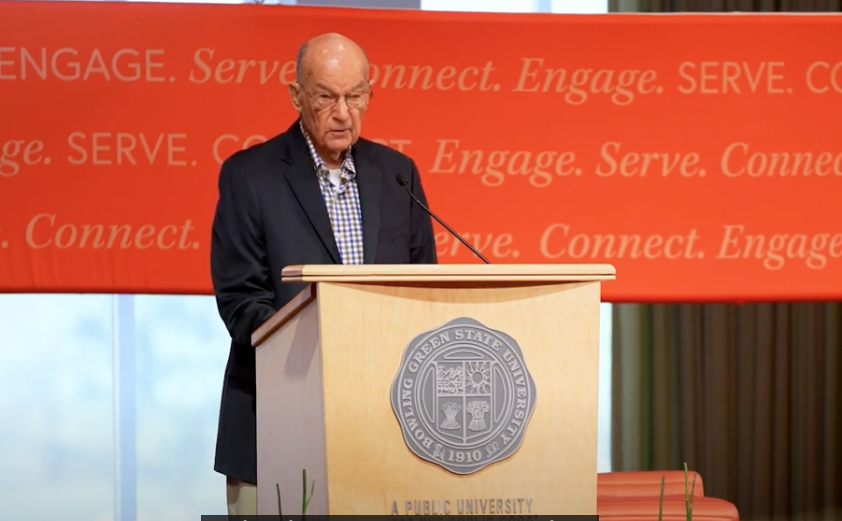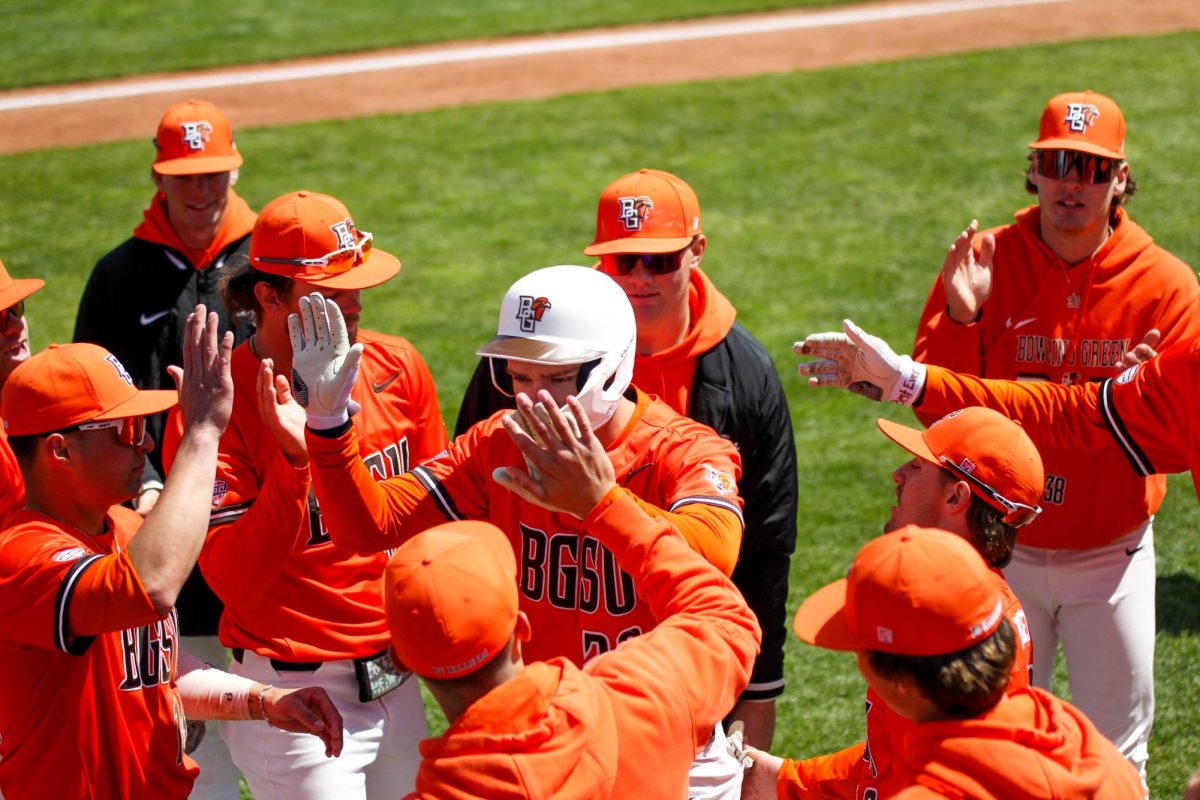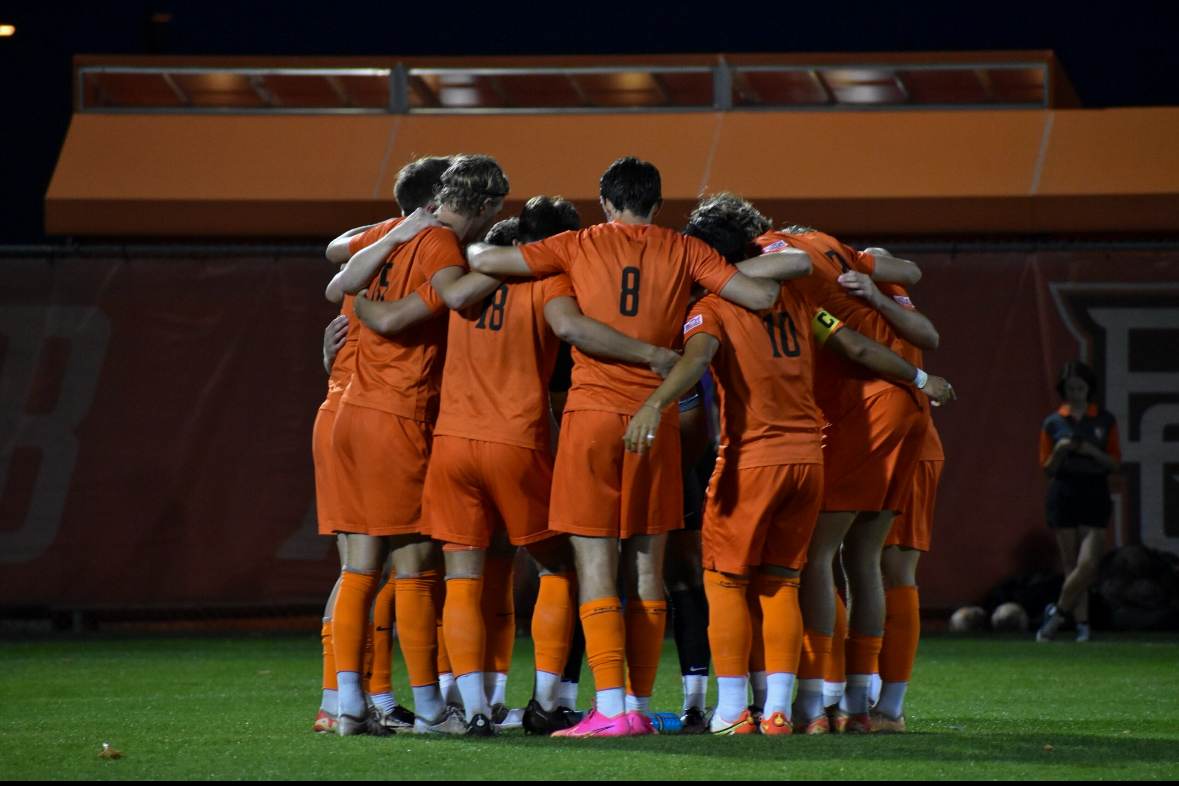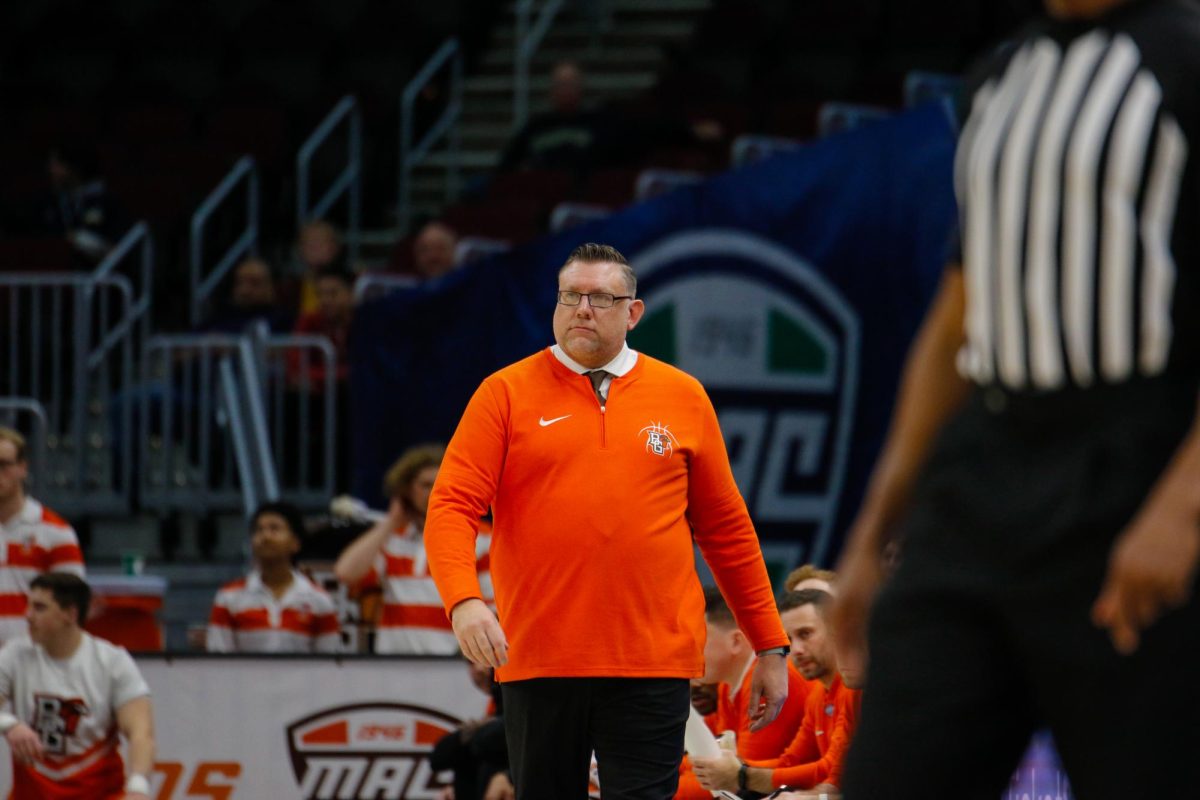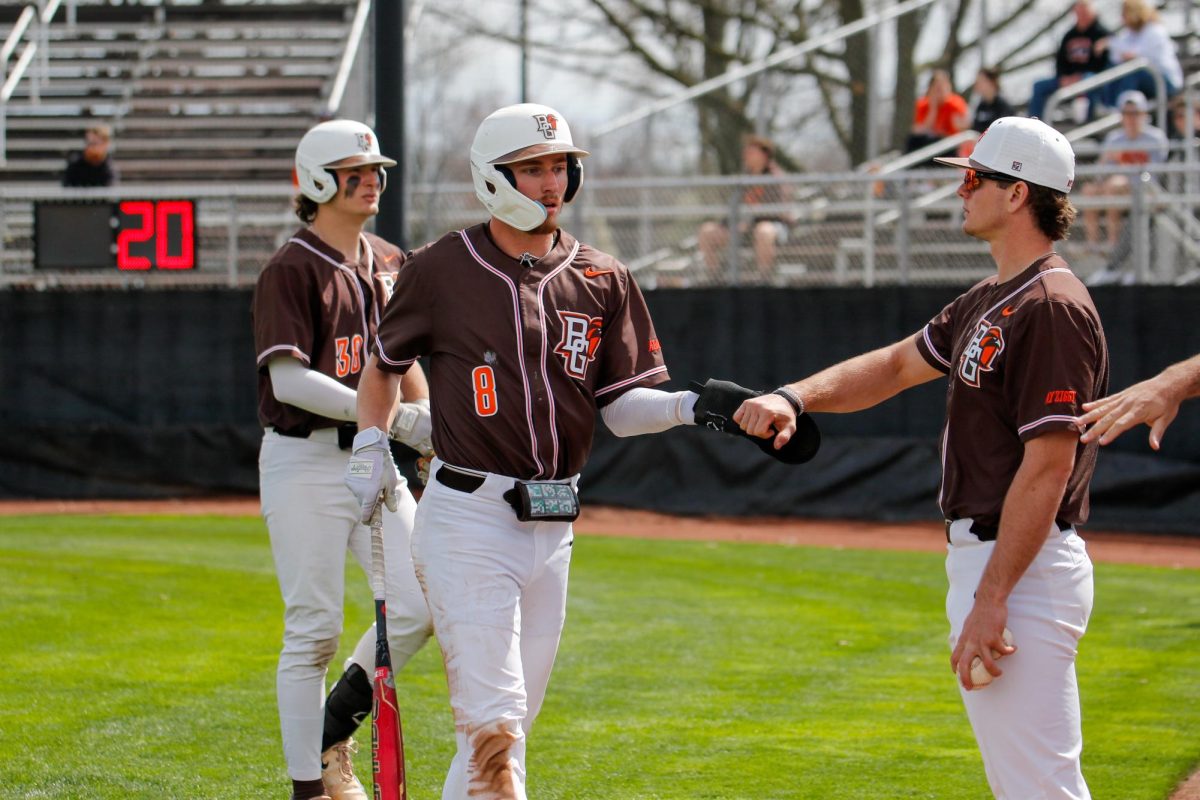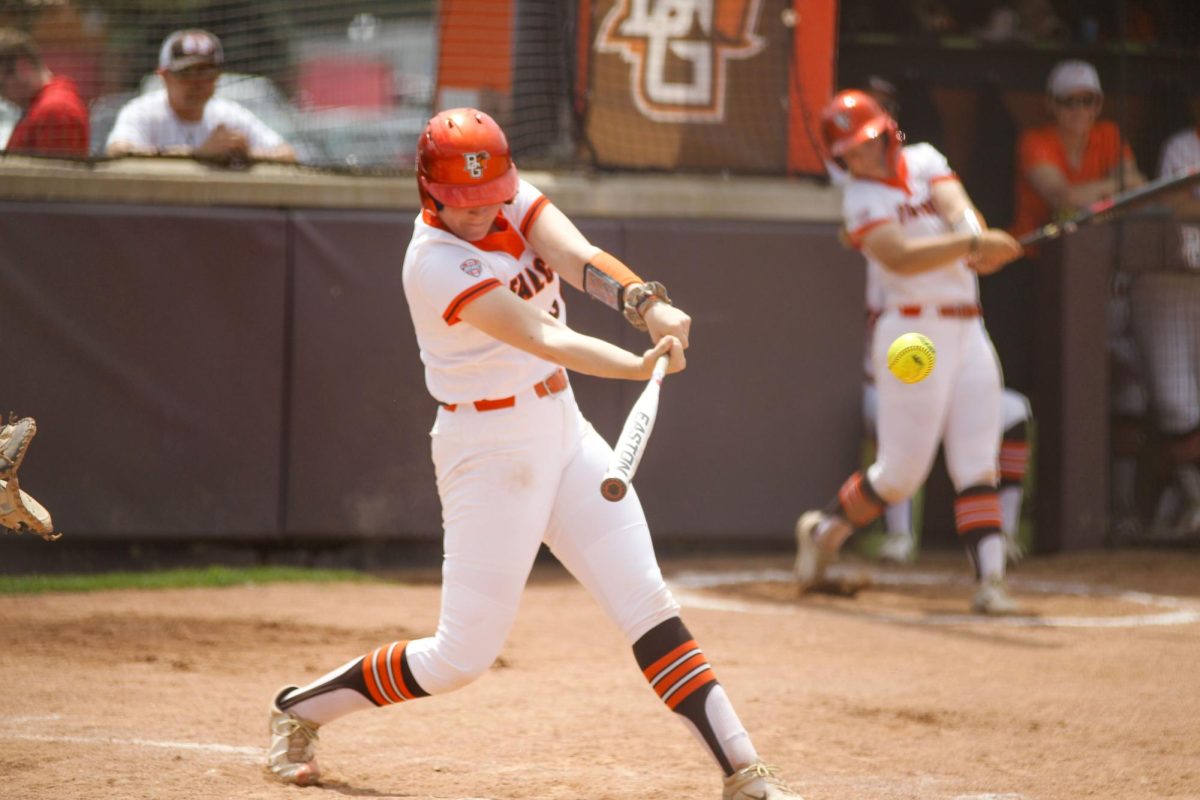In recent years, climate change studies have played a vital role in helping experts understand ongoing environmental changes. Since coming to Bowling Green State University five years ago, Dr. Shannon Pelini has put a premium on debunking myths and searching for answers on various elements of global change.
At the University, the Pelini Lab examines the effects of climate change, micronutrient availability and disturbance, like fire. The lab has recently examined the cause and effect of the Lake Erie algal blooms toxic to the Great Lake’s water, as well as disturbance of National landmarks like forests occurring in the Northwestern Ohio region.
Pelini believes there are plenty of clues and hints available through the close examination of insects and their interaction in soil and other naturally occurring nutrients.
“Bugs and insects respond quickly to global climate change and interact with several other organisms such as plants, soil and other bugs. I want to know if it is possible to make predictions about the impact of environmental changes through the study of their interactions and life cycle,” said Pelini.
Despite the lab’s remote location in Northwest Ohio, Dr. Pelini and her student assistants have traveled to places as far west as Hawaii and into the Upper Peninsula of Michigan searching for answers and a greater understanding on climate change and factors.
“While in Hawaii, my team and I worked in a Hawaiian forest examining the decomposition of leaf litter,” Pelini said. She described leaf litter as dead plant material that had fallen to ground, often rich in soil fertility and predicting regional nutrient cycling.
Pelini’s time spent in Michigan has been spent looking for more in-depth answers regarding an endangered butterfly species.
“I have been looking at the Karner butterfly with assistance from the Toledo Zoo. Currently, there is an effort to repopulate despite the disturbance to their natural habitat. Through research we have found the Allegheny ant capable of protecting the Karner caterpillar, which I believe could make reintroduction a distinct possibility,” said Pelini.
Along with the research being performed in Northwest Ohio and other locations, the Pelini Lab aims to reach out to the surrounding community in order to spread awareness and enlighten others. Outreach efforts range from annual events and workshops to podcasts focusing on scientific subjects.
“One of our biggest outreach events is ‘Girl Power,’ an event we hold yearly at the Imagination Station in Toledo. The program is designed to add a hands-on experience to young girls interested in the science field and show them they can do the dirty work too,” said Graduate Student Cari Ritzenthaler.
Pelini’s students are also interested in science communication. Two students recently started a science podcast titled “Bugs and Stuff,” a monthly SoundCloud production.
“Our show focuses around different issues in sciences. Our last episode dealt with eco-friendly goals and tips for the new year in order to make our planet a better place to live,” said Ritzenhauler. “We talk about things people often don’t hear or even think about.”
The Pelini lab is constantly working on new projects and research to help further understand the changing world while also trying to educate and encourage others to learn more. For more information, visit the lab at 312 C in the Life Sciences Building.






